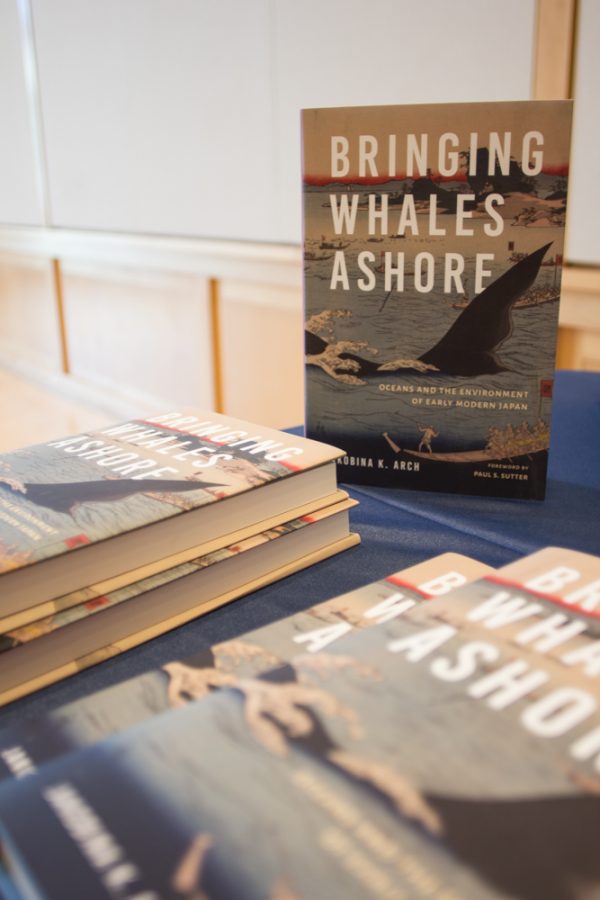Last night I saw the preview of Shakespeare Walla Walla’s “The Complete Works of William Shakespeare (Abridged)” at the Powerhouse Theatre. Some of the humor needed a little fine-tuning, but all in all I had fun.
Three male actors give a very brief run-through of all Shakespeare’s plays. As you can imagine, this involves a lot of hilariously sloppy costume changes and cross-dressing buffoonery. (The cross-dressing is ironic because the early performances were indeed put on by an all-male cast; in a play destined to rebel, this choice also honors Shakespeare’s roots.)
There’s little done to conceal the illusions or effort of dress-up, which is not the case in traditional theater. When the actors are supposed to be stabbed or stab themselves, they instead become amused by the retractable dagger. The focus turns to the silliness of prop-weaponry.
This metatheatricality of the play’s technical elements isn’t the only way the play pokes fun at Shakespeare’s literary and cultural weight. In the first scene, a professor preaches while a student lifts his bible-like volume of Shakespeare’s complete works and waves his hands over his head, shouting praises.
It’s liberating. We all like Shakespeare. (The actors make fun of him, but they’re part of Shakespeare Walla Walla, so they can’t think he’s that overrated.) But the play acknowledges that part of the reason we like him is because our culture is so damn obsessed. And this obsession is kind of arbitrary.
My biggest hang-up about was the portrayal of Othello. They joke about how they can’t perform Othello because none of them is black, and then they decide to resolve this problem by rapping the plot of the play. Somehow this didn’t sit well with me. Rapping makes them “black enough” to perform the play? And they all rap even though there is only one black character? Race is central to Othello and it’s a touchy subject to joke about, I get it. I just think they could have done a more sensitive and thoughtful job of packaging the humor here. The Catholic and Scottish jokes didn’t seem quite so offensively unfunny, but they still teetered on that line between upsetting and humorous.
Sometimes, however, they hit it just right with that good old slapstick comedy. So, do I think it’s worth it? Sure, as long as you go with the mindfulness to understand why you’re laughing. Oh, and they’re into audience-participation, so be prepared.










Becca M • Aug 25, 2012 at 7:45 am
I am intrigued by your comment of “our culture is so damned obsessed.” I’m curious as to why you think that.
Not that I disagree with you at all. Personally, I think that our culture is obsessed because his plays are extremely flexible ( for instance, my high school did a pirate version of twelfth nigh, and the basic plot of “Hamlet” was used in the Lion King.) I am curious as to what the author believes.
Anonymous • Aug 2, 2012 at 2:37 pm
“We all like Shakespeare.”
Uh… well that’s presumptuous.